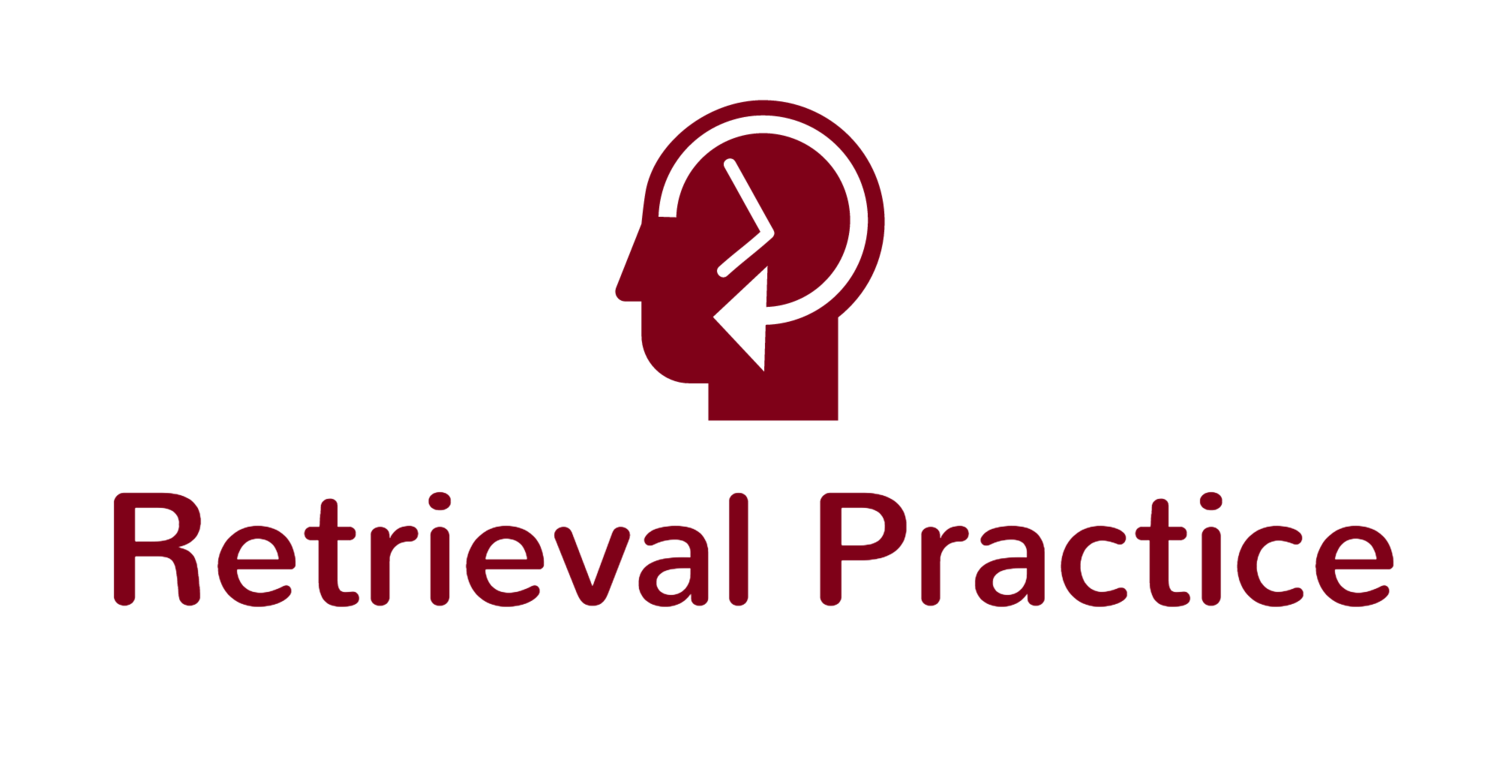Try Metacognition Line Up for retrieval practice and peer feedback
/This week, check out this new strategy – Metacognition Line Up – by Megan Nellis, Program Director of Imagine Scholar. Get students moving, retrieving, and reflecting, regardless of grade level or content area.
We Skyped with Megan and her students in South Africa awhile back and we're thrilled to share more strategies she uses in her program. Learn more about Imagine Scholar and read more about Megan's Metacognition Line Up!
Is there a strategy you use to boost learning with retrieval, interleaving, etc.? Let us know! We'd love to share it and spread the word.
Metacognition Line Up
With Metacognition Line Up, students reflect on their metacognition as a class, not just individually!
Students gather on one side of the room. The teacher announces a key term or concept and students silently try to retrieve and bring that information to mind.
Students self-assess their understanding and find a place along a span of the room based on their metacognition – without revealing the answer. One wall is "Confidently Retrieve It," the middle of the room is "Kind of Retrieved It,” and the opposite wall is "Can't Retrieve It."
Students match up with the person closest to them and talk through what they know or make a guess about the concept for two minutes.
Students to match up with a person as far away from them as possible to discuss, share, and teach (another two minutes).
Ask students who originally couldn't retrieve to share what they learned with the class and ask students who retrieved if there were any common misunderstandings they noticed.
Metacognition Line Up moves quickly and can be completed in less than five minutes per round! Regardless of grade level or content area, this quick, flexible strategy infuses retrieval, feedback, and metacognition into the classroom – and gets students up and moving, too.
This strategy – which can also be called a Metacognition Rainbow for younger students – was developed by Megan Nellis, Program Director of Imagine Scholar, a non-profit education program for student leaders in South Africa.
Megan emphasizes the importance of normalizing forgetting through conversations about how learning works before starting Metacognition Line Up. This way, students won’t feel vulnerable when choosing “Can't Retrieve It” – or, what Megan's students like to call, "Darn you, Forgetting Curve!"













